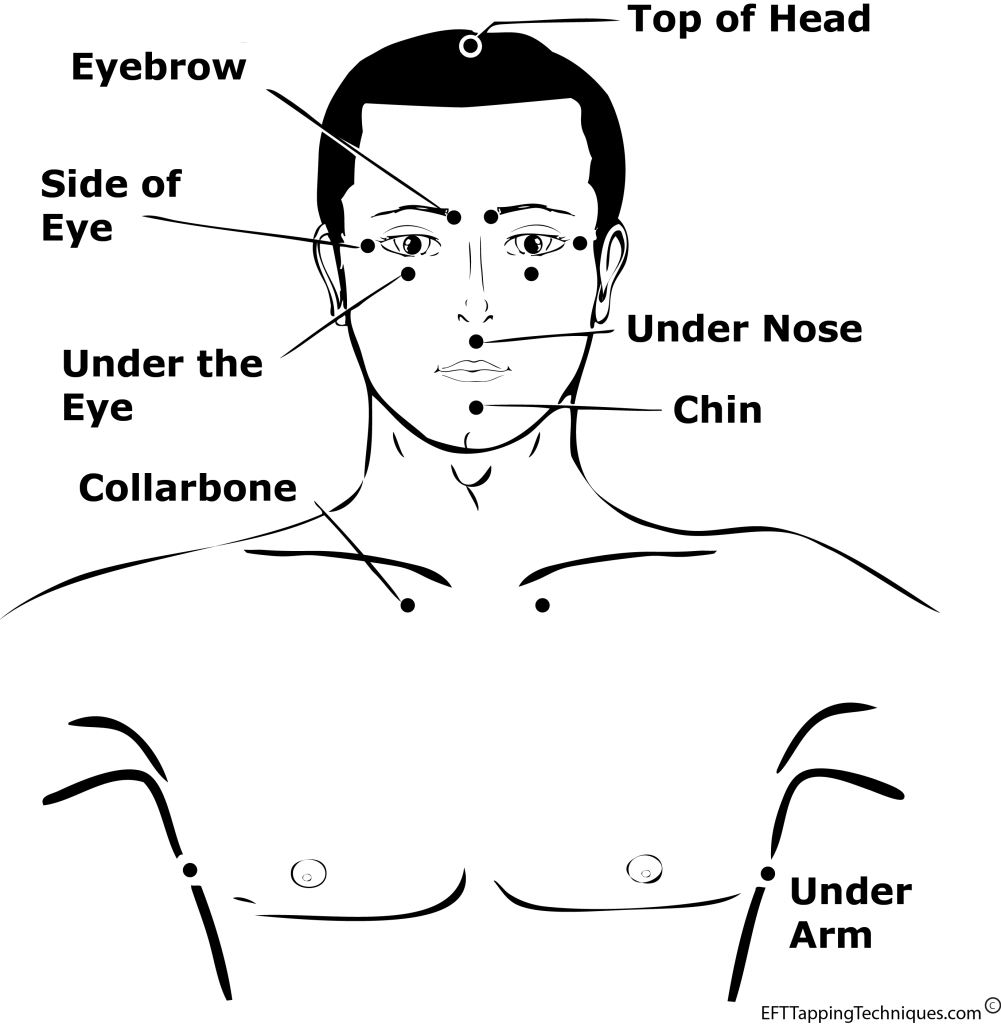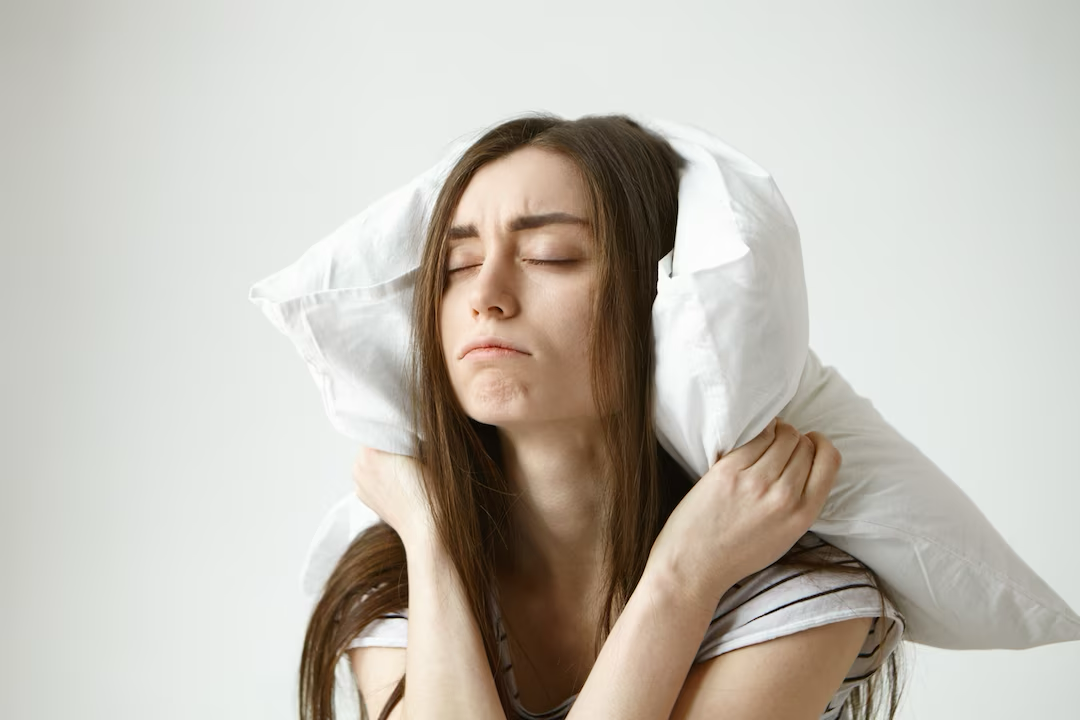18 July 2023
Sleep, a natural and essential process for our well-being, can sometimes elude us, leaving us tossing and turning in bed, longing for restful nights. Insomnia, a sleep disorder affecting millions worldwide, can have a profound impact on physical and mental health, making it a significant challenge to tackle. In this blog, we will explore a kinesiology approach to overcoming insomnia, delving into the MIND, CHEMICAL, PHYSICAL, and ENERGY (MCPE) imbalances that can disrupt our sleep and pave the way to peaceful slumber and revitalization.
.
1. Mastering the Power of the MIND
The mind plays a central role in the battle against insomnia.
One brain pic with all these emotions
- Anxiety
- Stress
- Fear
- Worry
- Anger
- Guilt
- Sadness
- Depression
- Frustration
- Overwhelm
- Nervousness
- Resentment
- Loneliness
- Regret
- Helplessness
These negative emotions can lead to racing thoughts, restlessness, and heightened physiological arousal, making it difficult to fall asleep and stay asleep. Addressing these emotions and finding healthy ways to cope with them is essential in overcoming insomnia and promoting restful sleep.
RELAXATION TECHNIQUE

“Emotional Freedom Technique” (EFT), also known as tapping.
Here’s how to practice it:
- Identify the Emotion: Recognize the negative emotion you want to release, whether it’s anxiety, anger, sadness, etc.
- Setup Statement: Create a setup statement that acknowledges the emotion while accepting yourself. For example, “Even though I feel anxious, I deeply and completely accept myself.”
- Tapping Sequence: Using your fingertips, tap on specific acupressure points on your face, upper body, and hands while repeating the setup statement and acknowledging the emotion.
- The tapping points include the eyebrow, side of the eye, under the eye, under the nose, under the mouth, collarbone, underarm, and top of the head.
- Positive Affirmations: After one or more rounds of tapping, replace the negative setup statement with a positive affirmation. For example, “I am calm and at peace.”
- Reassess: Take a deep breath and reassess the intensity of the negative emotion. Continue tapping until you feel a sense of relief.
EFT helps release emotional blockages, balances energy, and promotes relaxation. Regular practice can lead to improved emotional well-being, reduced stress, and better sleep.
.
2. Balancing the Body CHEMISTRY
The substances we consume and the chemicals in our environment can impact our sleep patterns. Identifying and addressing chemical imbalances can help in overcoming insomnia. Here are some potential chemical factors to consider:
- Caffeine and Stimulants: Limit the consumption of caffeine and other stimulants, especially in the evening. These substances can disrupt the sleep-wake cycle and make it harder to fall asleep.
- Alcohol and Sleep Medications: While alcohol may initially make you drowsy, it can disrupt sleep patterns and lead to fragmented rest. Sleep medications should only be used under the guidance of a healthcare professional and as a short-term solution.
SUPERFOOD TO HELP WITH INSOMNIA

“Tart Cherry” – Rich in natural compounds such as melatonin, a hormone that regulates sleep-wake cycles. Melatonin plays a crucial role in promoting relaxation and improving sleep quality. Consuming tart cherry or tart cherry juice can help regulate the body’s internal clock, making it easier to fall asleep and stay asleep.
Additionally, tart cherries possess anti-inflammatory properties, which may reduce inflammation and support overall health, contributing to better sleep.
.
3. Unlocking PHYSICAL Potential
Physical well-being and sleep quality are closely intertwined. Taking care of your body can set the stage for peaceful and uninterrupted sleep.
Misalignments and tension in the body disrupt energy flow, impacting sleep patterns. Addressing these issues through bodywork, such as kinesiology, chiropractic adjustments, massage, and yoga, can release blocked energy, promote relaxation, and foster a state of physical ease conducive to restful sleep.
EXERCISE
Yoga
Yoga combines physical postures (asanas), breathwork (pranayama), and meditation to promote relaxation, reduce stress, and improve sleep quality.
Specific yoga poses, such as forward bends, gentle twists, and inversions can help release tension in the body and calm the nervous system, making it easier to fall asleep. Additionally, the focus on mindful breathing during yoga practice can quiet the mind and alleviate anxiety, further supporting better sleep.
Incorporating a regular yoga practice into your daily routine can contribute to improved sleep patterns.
.
4. Harmonizing Your ENERGY
In kinesiology to overcome insomnia, balancing the body’s energy flow is fundamental.
UPLIFT YOUR ENERGY
“Grounding Technique.”
Stand barefoot on natural surfaces like grass or soil, envisioning roots extending from your feet into the earth.
Breathe deeply, drawing in vital energy from the earth, and exhale any tension or restlessness.
This practice helps balance the body’s energy, promotes a sense of calm, and provides a natural boost of revitalizing energy, supporting better sleep and overall well-being.
.
MOTIVATION
“In the realm of kinesiology, we unlock the power of balance to overcome insomnia. Just as the moon finds its rest in the night sky, let your restless thoughts find solace in the groundedness of the earth. Trust the wisdom of your body, for it holds the key to tranquil slumber. Embrace the journey to holistic health, where every step leads you closer to the serenity of a well-rested soul.”
.
INSPIRATION

“Amidst the restlessness of insomnia lies the potential for rejuvenation and revitalization. Dive into the journey towards better sleep, knowing that with patience and persistence, restful nights await. As you navigate the path to peaceful slumber, remember that every step you take, no matter how small, brings you closer to the serenity of a well-rested mind and body. Unlock the power of kinesiology and embark on a transformative journey towards peaceful slumber and revitalization.”
ADDITIONAL RESOURCES
Dr Andrew Huberman is a prominent professor of neuroscience at Stanford University’s School of Medicine. He conducts groundbreaking studies on topics such as neural circuitry, stress responses, and optimal brain function.
In this episode, Dr Huberman dives into a number of factors that induce sleepiness, promote restful slumber, and enhance wakefulness and alertness. This resource encompasses a wide array of methods for those seeking to enhance their sleep quality and daytime alertness. It thoroughly elucidates the scientific principles and rationale behind each of these techniques.
Book a Kinesiology Session for Insomnia Support!
Take the first step towards a good night’s sleep by embracing the power of a holistic approach. Our skilled practitioners will work with you to address the MIND, CHEMICAL, PHYSICAL, and ENERGY imbalances that contribute to insomnia. With personalized care and energy-balancing techniques, you can rediscover the joy of restful sleep. Don’t wait to improve your sleep and overall well-being. Book your session now and embark on a transformative journey towards peaceful slumber and revitalization.




Add Comment